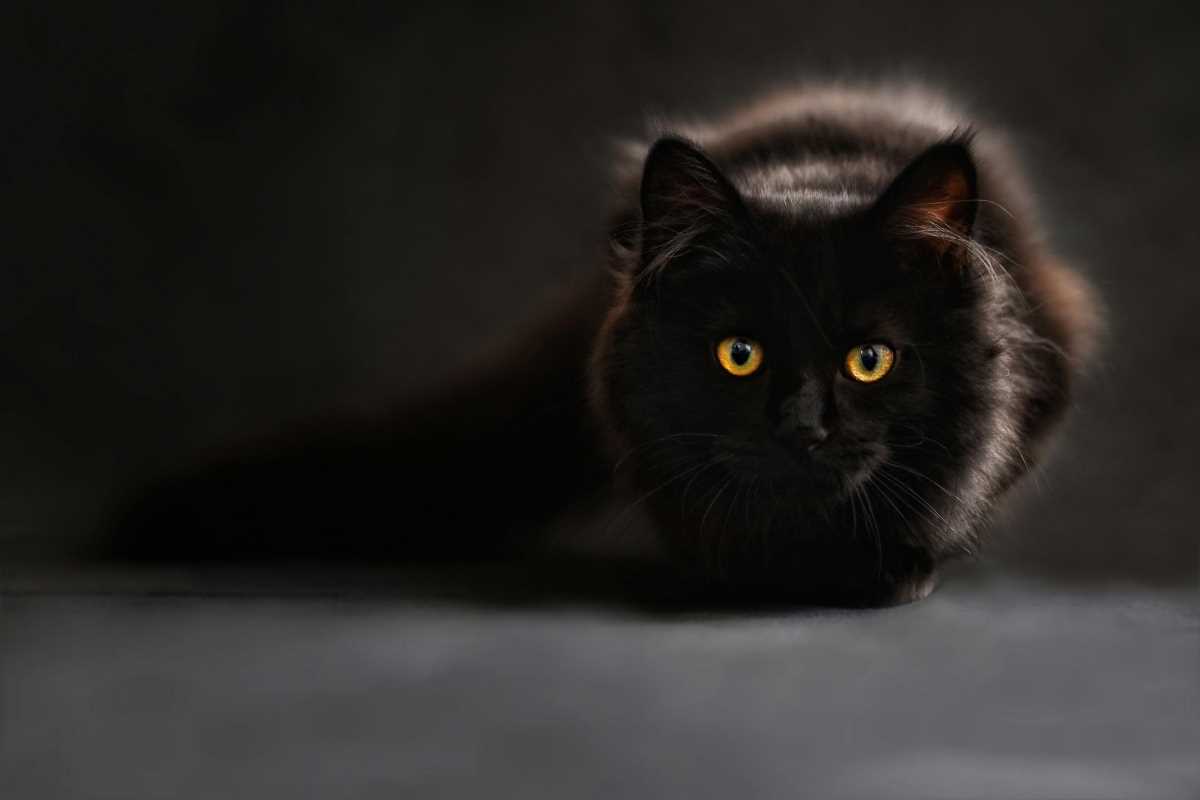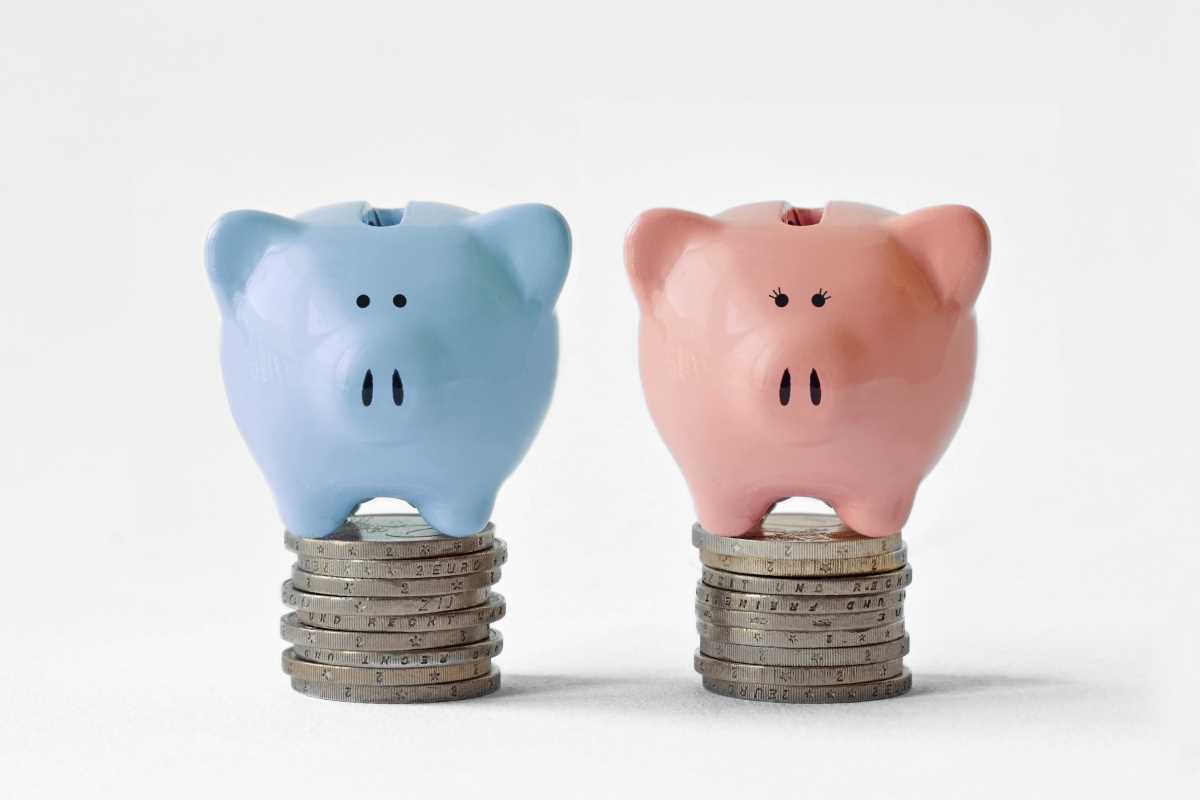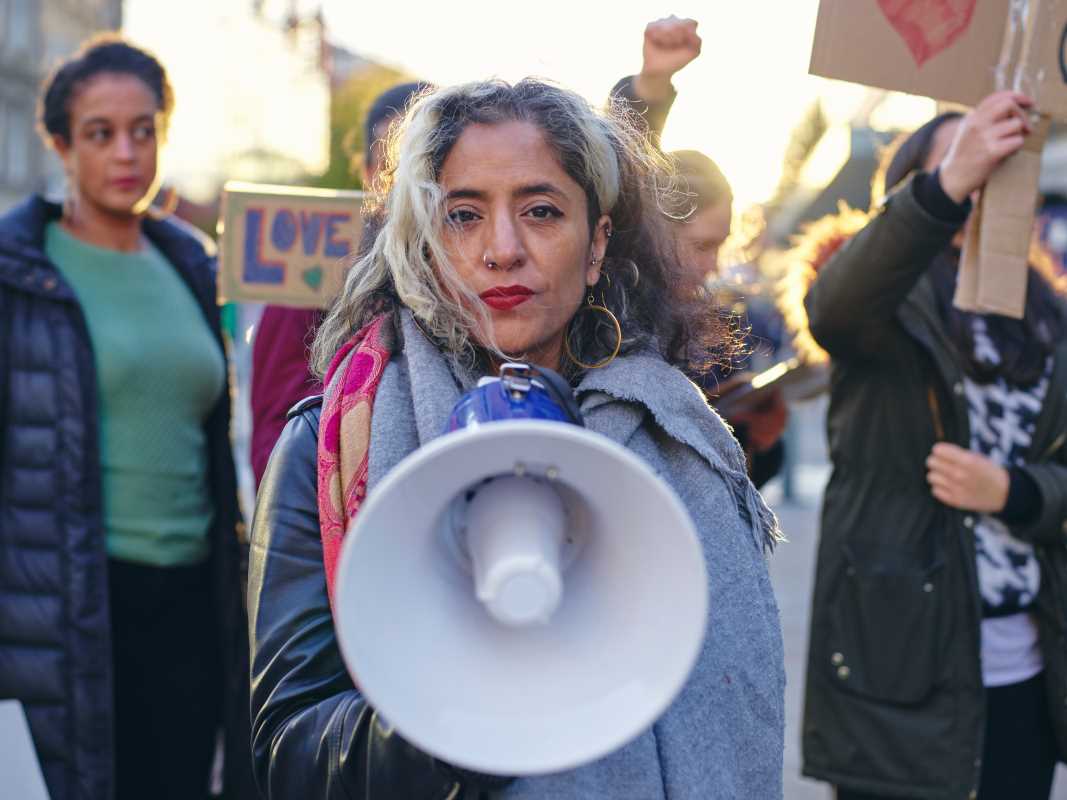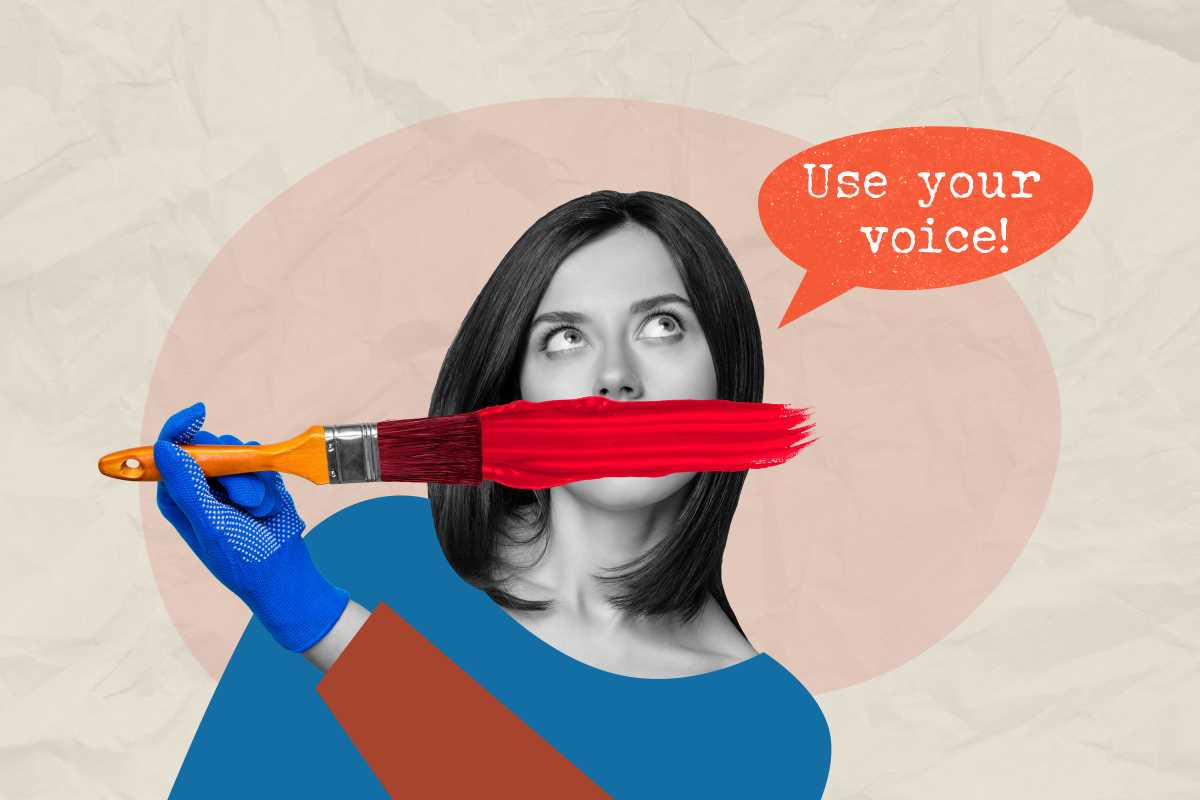Criticism is a natural part of fame. Celebrities, by being in the public eye, open themselves up to scrutiny over their actions, words, and choices. But when it comes to women in the spotlight, there’s a darker side to this criticism. Online critiques of female celebrities often go beyond their work or actions to attack their appearance, personal lives, or even their worth as human beings. Many of these comments are rooted in sexism and misogyny, highlighting the double standards women face compared to their male counterparts.
Why are women in the public eye judged so harshly? What role does the internet play in amplifying these harmful trends? And how can we combat this culture of misogynistic criticism? Let's break it all down.
The Double Standards Women Face Online
1. It’s Not Just About Talent
When women celebrities are criticized, it often extends beyond their talent or accomplishments. Male celebrities, for example, might be judged on their roles in movies or their performance onstage. However, women are more likely to have their weight, clothing choices, or motherhood debated by complete strangers. Society’s obsession with women’s appearances means they face scrutiny on a level that most male celebrities simply don’t.
For instance, think about popular tabloid covers. While a male celebrity might be shown smiling at an event or holding an award, women are often pictured with headlines speculating on their weight, romantic lives, or whether they “look tired.” Even social media spaces, which could provide direct fan-to-celebrity connections, turn into battlegrounds filled with comments on women’s physical appearances rather than their abilities or achievements.
2. The “Too Much” or “Not Enough” Dilemma
Female celebrities often walk an impossible line. They’re “too confident” if they own their successes or “not confident enough” if they don’t. They’re “too sexy” if they wear revealing clothing but “too uptight” if they dress conservatively. Just look at the treatment of artists like Taylor Swift, who’s been harshly criticized for singing about her relationships, despite male musicians doing much the same without backlash.
The double standard is clear. Women are criticized for things that would otherwise be celebrated in men or ignored altogether.
Misogyny Thrives in Online Criticism
Social media platforms like Twitter, Instagram, and YouTube bring people closer to their favorite celebrities but also make it easier for misogynistic or sexist behavior to thrive. This is magnified by the anonymity the internet provides, allowing harmful opinions to spread without consequences.
1. The Role of Trolling and Harassment
The internet has no shortage of trolls, and women celebrities often bear the brunt of their aggression. Misogynistic trolling doesn’t stop at negative comments; it frequently escalates to threats, insults, and bullying. Female celebrities like Lizzo, Billie Eilish, and Serena Williams have all been targets of insults that attack their appearances, mental health, or perceived “place” in society.
For example, when actress Kelly Marie Tran, known for her role in Star Wars, faced a storm of racist and misogynistic comments online, it became so overwhelming that she left social media entirely. Such harassment is not just unpleasant; it has mental health consequences, silences women's voices, and shows how toxic online spaces can be.
2. Policing Their Bodies and Choices
One of the ugliest forms of online criticism is the policing of women’s bodies. If they gain or lose weight, change their style, or choose to have children (or not!), they are met with a whirlwind of opinions. Celebrities like Adele experienced body-shaming for her weight loss transformation, while Meghan Markle was critiqued relentlessly for how she carried herself during her pregnancy. Instead of being treated as individuals with personal lives, women celebrities become spectacles for public commentary.
This treatment extends to their decisions outside of their bodies, too. From career choices to the way they respond to criticism itself, women can find themselves labeled as “difficult,” “dramatic,” or “ungrateful” for doing things that would pass without comment for men.
3. Misogyny Disguised as Humor
Misogyny in online celebrity criticism often hides under the guise of “just joking.” Memes, viral videos, and edited clips can be used to drag women down in ways that seem playful but are damaging in their underlying messages. Female celebrities are more likely to be sexualized, objectified, or mocked for qualities like aging that norms do not apply to men. These “jokes” contribute to a culture that normalizes mistreatment.
Case Studies of Sexism in Action
Taylor Swift and the "Serial Dater" Label
Taylor Swift has endured years of online criticism for writing songs inspired by her relationships. She’s been labeled a “serial dater” or mocked for having too many boyfriends. Meanwhile, male artists like Ed Sheeran, who also write about personal relationships, are praised for their artistry instead of being ridiculed.
Britney Spears and Media Exploitation
The treatment of Britney Spears is a textbook example of how sexism steers online and media criticism. From the early 2000s, Britney’s struggles with mental health and personal issues were turned into tabloid fodder. Instead of offering empathy, the internet fueled jokes and memes capitalizing on her breakdown.
Serena Williams and Anger Stereotypes
Serena Williams has faced racism and sexism throughout her tennis career, especially when expressing frustration on the court. While male tennis players like John McEnroe were celebrated for their fiery personalities, Serena was labeled “angry” or “out of control.” This double standard reinforces harmful stereotypes that silence black women in particular.
The Consequences of Misogyny in Celebrity Criticism
The relentless misogyny female celebrities endure doesn’t live in a vacuum. It has effects far beyond individual lives and careers.
1. Harmful Messages to Society
When women in power are ridiculed or diminished, it sends a clear message to others watching. Everyday women may look at these attacks and feel discouraged from pursuing leadership roles or careers in the spotlight, fearing similar backlash.
2. Mental Health Toll
The bullying many female celebrities experience online takes a severe toll on their mental health. Stars like Selena Gomez and Demi Lovato have been open about their struggles with anxiety and depression, much of which is worsened by the constant judgment from strangers online.
3. Reinforcing Inequality
When society continues to accept these patterns of criticism, it reinforces the very structures of gender inequality we need to dismantle. Instead of progress, we normalize old attitudes about women’s place in public life.
Fighting Against Sexism in Online Spaces
What can be done to combat sexism and misogyny in the way female celebrities are criticized? Here are some paths forward:
- Think Before You Comment: The next time you’re about to leave a judgmental comment online, consider whether it’s truly constructive or rooted in unfair bias.
- Challenge Double Standards: Call out sexism when you see it, especially on public platforms where toxic behavior might influence others.
- Give Women Grace to Be Human: Accept that celebrities, like everyone else, make mistakes and are constantly evolving. They deserve the same empathy and forgiveness afforded to men.
- Support Responsible Media Consumption: Follow platforms and journalists that avoid sensationalism and provide context rather than reinforcing damaging stereotypes.
 (Image via
(Image via





